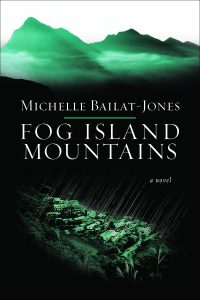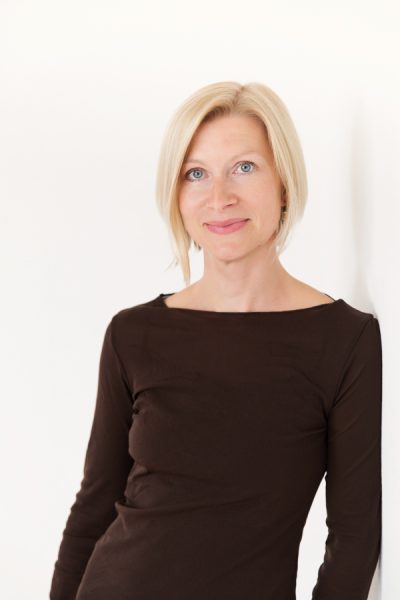Thank you so much for guest editing/translating the French story in the global flash series at SmokeLong, Michelle. I’m trying to learn French at the moment. Any tips?
Thank you so much for inviting me to do this, it’s been really great so far.
I wish I had the key to all language learning, I’d happily share it. I do think that learning any language is easier than ever today. It’s so easy now to find ways to be immersed, and immersed in culturally-specific ways. There’s so much available in French, and from different Francophone cultures, you can really explore and discover whatever you’d like.
What are the challenges of translating French to English?
I don’t think that French to English is a particularly difficult language combination. There is obviously a long tradition of the two languages being in relationship to one another, and so that makes for sturdy bridges. I think there are questions of style and technique that can be hard to translate correctly. At the same time, I think the challenge of “reading” the original in the way it was intended to be read is something I think very seriously about. As a reader, I’m always more focused on my own private and personal experience of a given text. I suppose I’m not always interested in how the writer wanted me to experience it. But as a translator, I must try to understand as much as I can about the writer’s intent, with varying degrees of difficulty or impossibility. It’s a different approach and I feel a real responsibility to inhabit the writer somewhat. I also know that a translation will always be a version, and so I can’t help my own experience from coloring the translation I might create. I like the challenge in that tension.
I know it’s a loaded question, but what do you think the reader unacquainted with French fiction should know about it? What authors should we be reading (if only in translation)?
Fantastic and hugely loaded question! Also a bit tricky because most of what I read in French hasn’t been translated yet, and I think I will agonize much too hard about any list of authors I might have to come up with. But how about a short list (restricting myself to 10 books) of what I’ve been reading in French lately as a stand in, even if some of these aren’t translated yet? And then a few of my favorite titles that have been translated.
What I’m reading or have read this year:
- Le bleu des Abeilles by Laura Alcoba (France)
- Big Bang Europa by Antonio Rodriguez (Switzerland)
- Sang Lié by David Bosc (Switzerland)
- La Belle Orange by Clarisse Francillon (Switzerland)
- Her Father’s Daughter by Marie Sizun (France)
Old favorites/places to start:
- Juletane by Myriam Warner-Vieyra (Guadeloupe/Senegal)
- Beauty on Earth by CF Ramuz (Switzerland)
- The Red Sofa by Michèle Lesbre (France)
- Commentary by Marcelle Sauvageot (France)
- The Stranger by Camuz (France) followed IMMEDIATELY by The Meursault Investigation by Kamel Daoud (Algeria)
 Your novel Fog Island Mountains was the winner of the Christopher Doheny Award. It’s set in Japan. How did the story develop? And why Japan?
Your novel Fog Island Mountains was the winner of the Christopher Doheny Award. It’s set in Japan. How did the story develop? And why Japan?
Fog Island Mountains developed over the course of several years as I worked through some personal questions of grief and displacement. It’s set in southern Japan on the island of Kyushu because this is a place that is very important to me. It’s where I was born, and although the novel is fiction, it deals with issues that are very personal and I found it comforting to combine those two landscapes – one of my own past, per se, and one entirely created and imagined. It also deals with personal mythmaking, both cultural and interior, and Japan seemed like an appropriate backdrop for that part of the novel.
What kind of story are you looking for?
I am always looking for the story that negotiates inner landscapes in unique and curious ways. I love being surprised. I love being stunned by the careful unexpected image.


 The SmokeLong Grand Micro Contest (The Mikey) is now an annual competition celebrating and compensating the best micro fiction and nonfiction online.
The SmokeLong Grand Micro Contest (The Mikey) is now an annual competition celebrating and compensating the best micro fiction and nonfiction online.